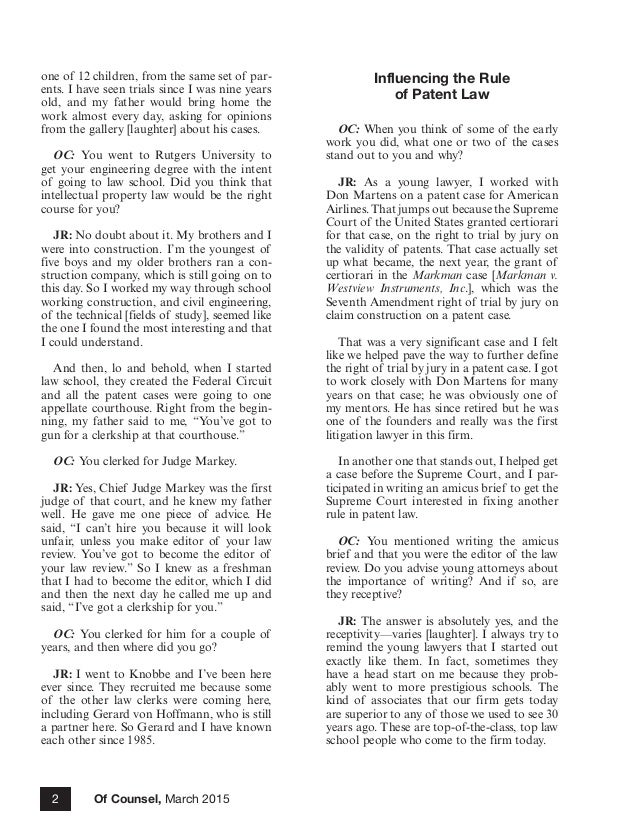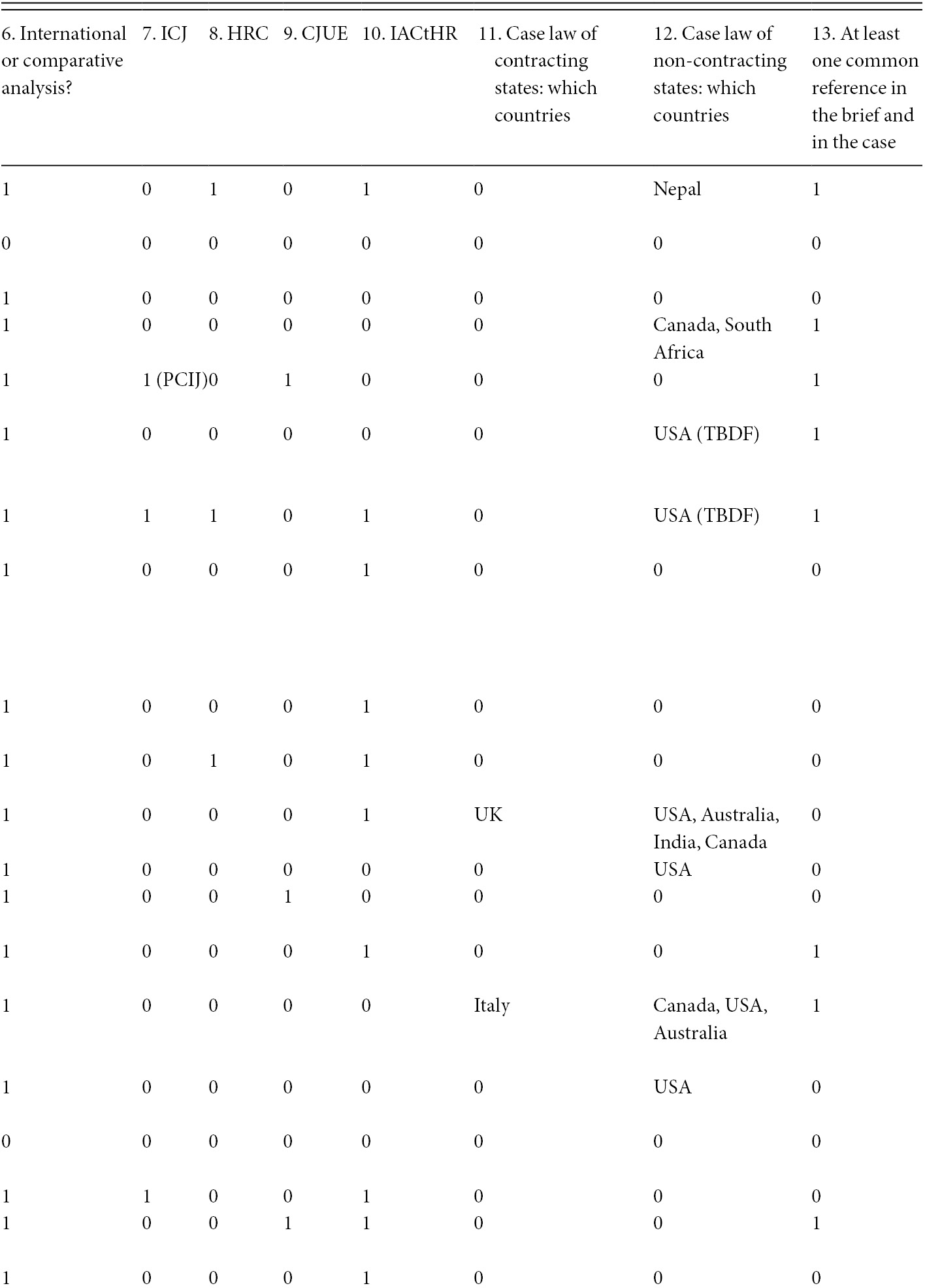The law required that the company allow any person to slaughter animals in the slaughterhouse for a fixed fee. It was a pivotal case in early civil rights law and held that the fourteenth amendment protects the privileges or immunities of citizenship of the united states not privileges and immunities of citizenship of a state.
 Fourteenth Amendment To The United States Constitution
Fourteenth Amendment To The United States Constitution
At a time when many rights were given and regulated by states rather than the federal government the courts decision applied the amendment only to those rights explicitly spelled out in the constitution.

Read & Download The Slaughterhouse Cases Case Brief Court Case Brief English Edition. Crescent city livestock landing slaughter house co 83 us. The slaughter house cases case brief rule of law. 16 wall 36 1872 including the facts issue rule of law holding and reasoning key terms and concurrences and dissents.
The slaughterhouse cases 1873 limited the privileges and immunities of us. However as the federal rights of citizenship were then few such as the right to travel between states. In 1869 the louisiana state legislature granted a monopoly.
The supreme court of the united states read the fourteenth amendment as protecting the privileges or immunities to all individuals of all states within the united states but not those immunities or privileges incident to the citizenship of a state. Slaughterhouse cases scotus 1872 facts. The slaughterhouse cases 1873 was a supreme court case which became the first to interpret the thirteenth and fourteenth amendments.
In interpreting a provision of the united states constitution constitution it is necessary to look to the purpose for which the provision was enacted. Slaughterhouse cases in american history legal dispute that resulted in a landmark us. A louisiana statute granted to the crescent city live stock la.
The corporation was given exclusive power to slaughter livestock and all other private slaughterhouses were required to close. Supreme court decision in 1873 limiting the protection of the privileges and immunities clause of the fourteenth amendment to the us. A group of butchers argued that they would lose their right to practice their trade and earn a livelihood under the monopoly.
The slaughter house cases is viewed as a fundamental court decision in regards to early civil right law. Citizenship guaranteed by the newly enacted fourteenth amendment. After slaughterhouse practices continued to contaminate new orleans drinking water louisiana state legislature passed an act that allowed the city to create a company which essentially monopolized the slaughterhouse industry.
Of new orleans v. La legislature gave a monopoly in the livestock landing and the slaughterhouse business for the city of new orleans to the crescent city livestock landing. A summary and case brief of slaughter house cases.
Specifically they argued the monopoly created involuntary servitude in violation of the thirteenth amendment and abridged privileges or immunities denied equal protection of the laws. A louisiana law of 1869 created a state corporation for the slaughtering of livestock. Facts of the case.
 Litigating For The Greater Good Knobbe Martens Lawyer
Litigating For The Greater Good Knobbe Martens Lawyer
 Slaughterhouse Case 64 Parishes
Slaughterhouse Case 64 Parishes
 The Supreme Court Law Power Personality Famous
The Supreme Court Law Power Personality Famous
:max_bytes(150000):strip_icc()/dcmarch-58c6a3193df78c353c62bb69.jpg) About The Civil Rights Cases Of 1883
About The Civil Rights Cases Of 1883
 The Supreme Court The First Hundred Years Landmark Cases
The Supreme Court The First Hundred Years Landmark Cases
 Amazoncom The Slaughterhouse Cases Regulation
Amazoncom The Slaughterhouse Cases Regulation
 Privileges Immunities Clause Definition Examples Video
Privileges Immunities Clause Definition Examples Video
 Judicial Dialogue In The European Court Of Human Rights
Judicial Dialogue In The European Court Of Human Rights
Landmark Supreme Court Cases Lesson Plan
 Amazoncom The Slaughterhouse Cases Regulation
Amazoncom The Slaughterhouse Cases Regulation
1 History The Supreme Court The Slaughter House Cases And
 Us Supreme Court 1873 Slaughterhouse Cases
Us Supreme Court 1873 Slaughterhouse Cases
 Reconstruction And Its Impact Idca
Reconstruction And Its Impact Idca
:max_bytes(150000):strip_icc()/14th_Amendment_Pg1of2_AC-5be1c82846e0fb0026e8a880.jpg) The 14th Amendment To The Us Constitution
The 14th Amendment To The Us Constitution
Supreme Court Case Studies
